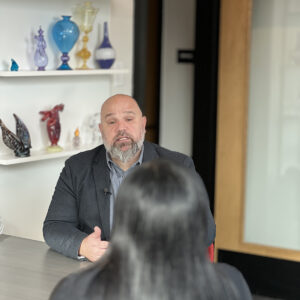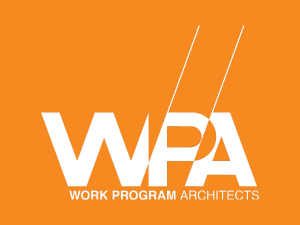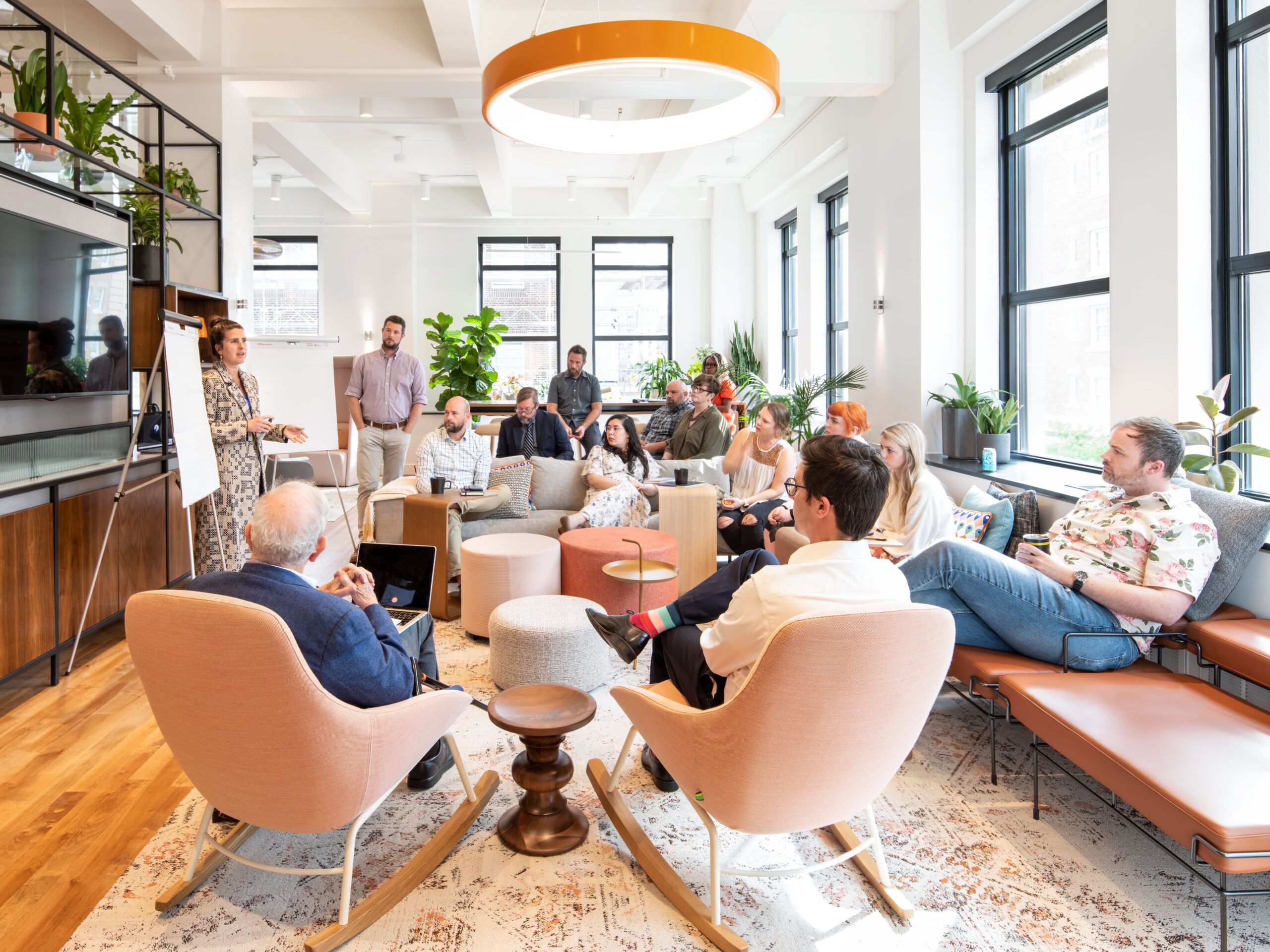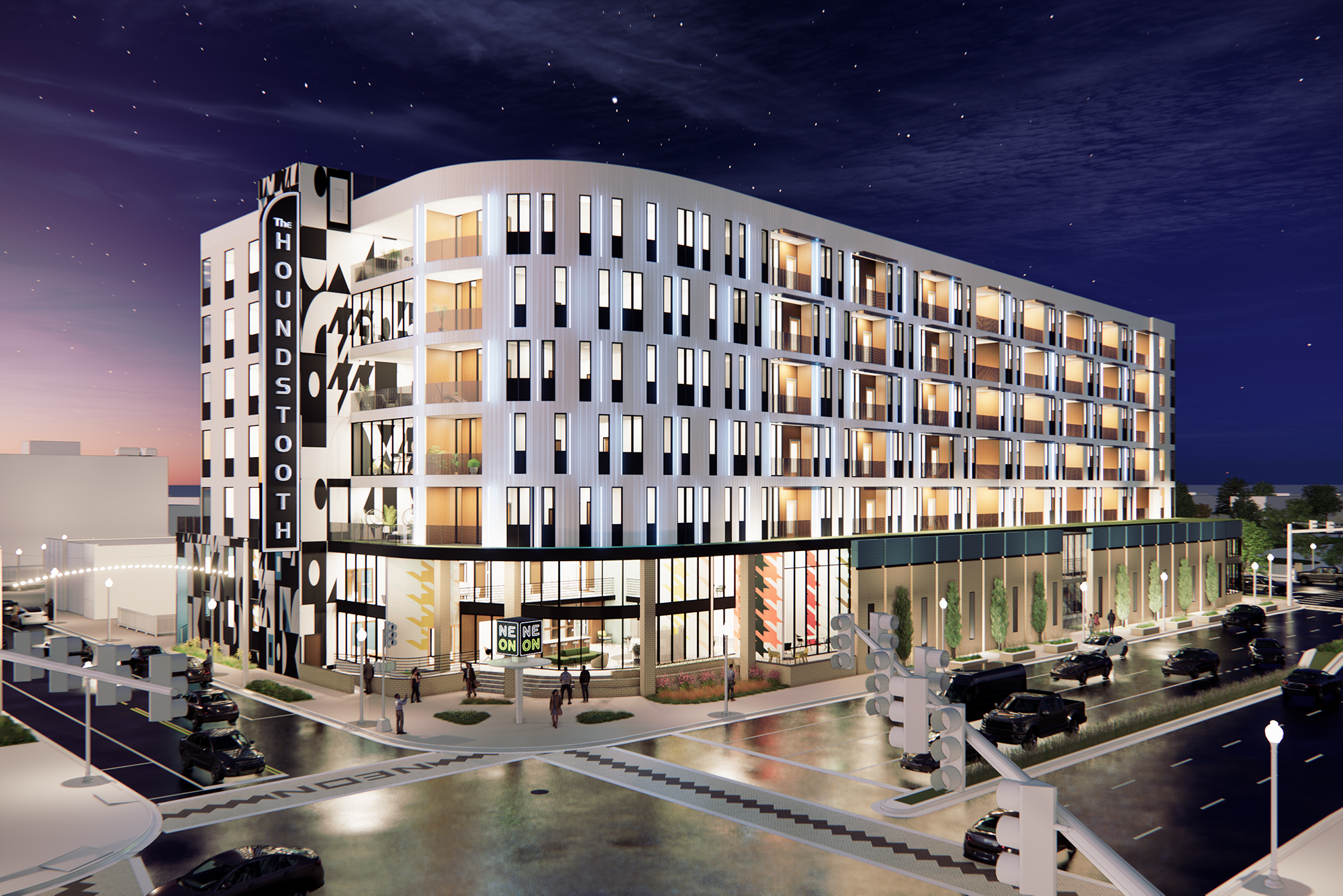CoVaBiz Talks Architectural Tech with WPA’s Corrie Cohen
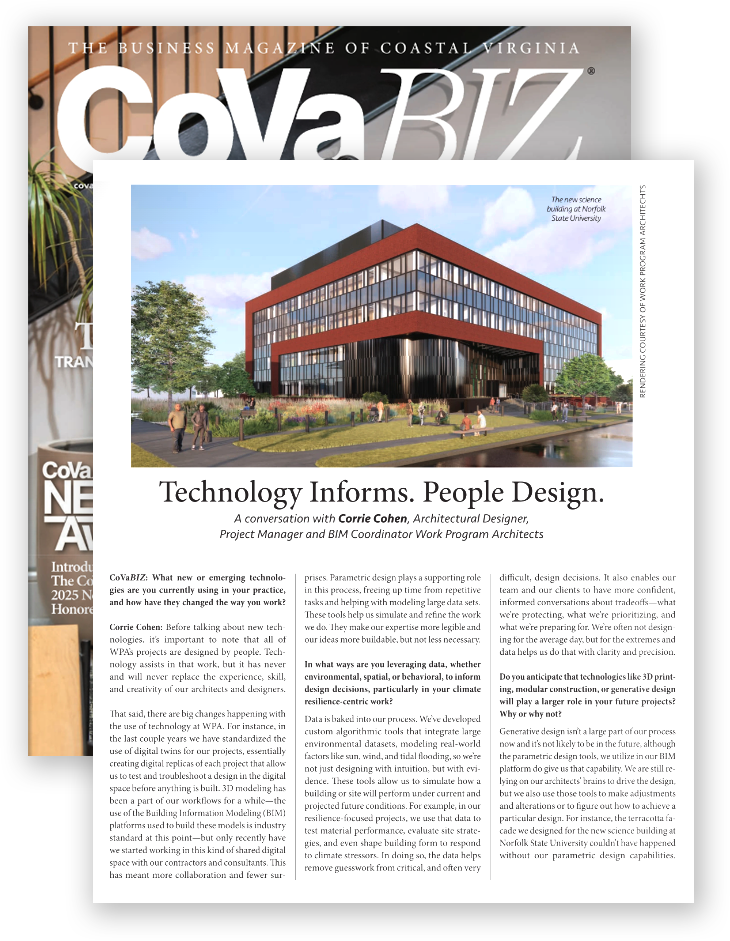 In a recent Q&A for CoVaBiz Magazine, WPA’s Corrie Cohen unpacks how technology is shaping the future of architecture — and how WPA is leveraging new tools to design smarter, more resilient buildings without losing sight of what matters most: people. As a project manager and the firm’s BIM coordinator, Corrie plays a critical role in integrating new tools into WPA’s process, from custom algorithms and 3D scans to AI-enabled community engagement. Below are four standout moments from the interview, each showing how WPA is making technology work.
In a recent Q&A for CoVaBiz Magazine, WPA’s Corrie Cohen unpacks how technology is shaping the future of architecture — and how WPA is leveraging new tools to design smarter, more resilient buildings without losing sight of what matters most: people. As a project manager and the firm’s BIM coordinator, Corrie plays a critical role in integrating new tools into WPA’s process, from custom algorithms and 3D scans to AI-enabled community engagement. Below are four standout moments from the interview, each showing how WPA is making technology work.
Fueling Collaboration
“In the last couple years we have standardized the use of digital twins for our projects, essentially creating digital replicas of each project that allow us to test and troubleshoot a design in the digital space before anything is built. 3D modeling has been a part of our workflows for a while — the use of the BIM platforms used to build these models is industry standard at this point — but only recently have we started working in this kind of shared digital space with our contractors and consultants. This has meant more collaboration and fewer surprises.”
Designing With Data
“We’ve developed custom algorithmic tools that integrate large environmental datasets — modeling real-world factors like sun, wind, and tidal flooding — so we’re not just designing with intuition, but with evidence. These tools allow us to simulate how a building or site will perform under current and projected future conditions. In our resilience-focused projects, we use that data to test material performance, evaluate site strategies, and even shape building form to respond to climate stressors.”
Opening Doors With Digital Skills
“Architecture has always been an industry that favors those with more years under their belt, but that’s changing. Tech fluency gives younger designers a seat at the table. At WPA, we’ve built a robust BIM training program because knowing how to design isn’t enough — you need to be able to collaborate, communicate, and build in digital space. You can’t sit out the tech anymore. If you want to stay competitive, you learn. That’s our ethos, and it’s reshaping who holds power in this profession.”
Listening Better
“Community input is core to our work, and tech helps us listen better. We’ve built internal AI tools that filter huge volumes of feedback — comments, surveys, even Reddit threads — to identify what people affected by our work think about a project. I use geo-mapping data obsessively and follow local forums because anonymous voices can surface the most honest concerns. This doesn’t replace meetings with community stakeholders. That in-person experience is critical to our work and cannot be replaced by technology. We still show up, but now we show up more prepared.”
Read the full Q&A in here.
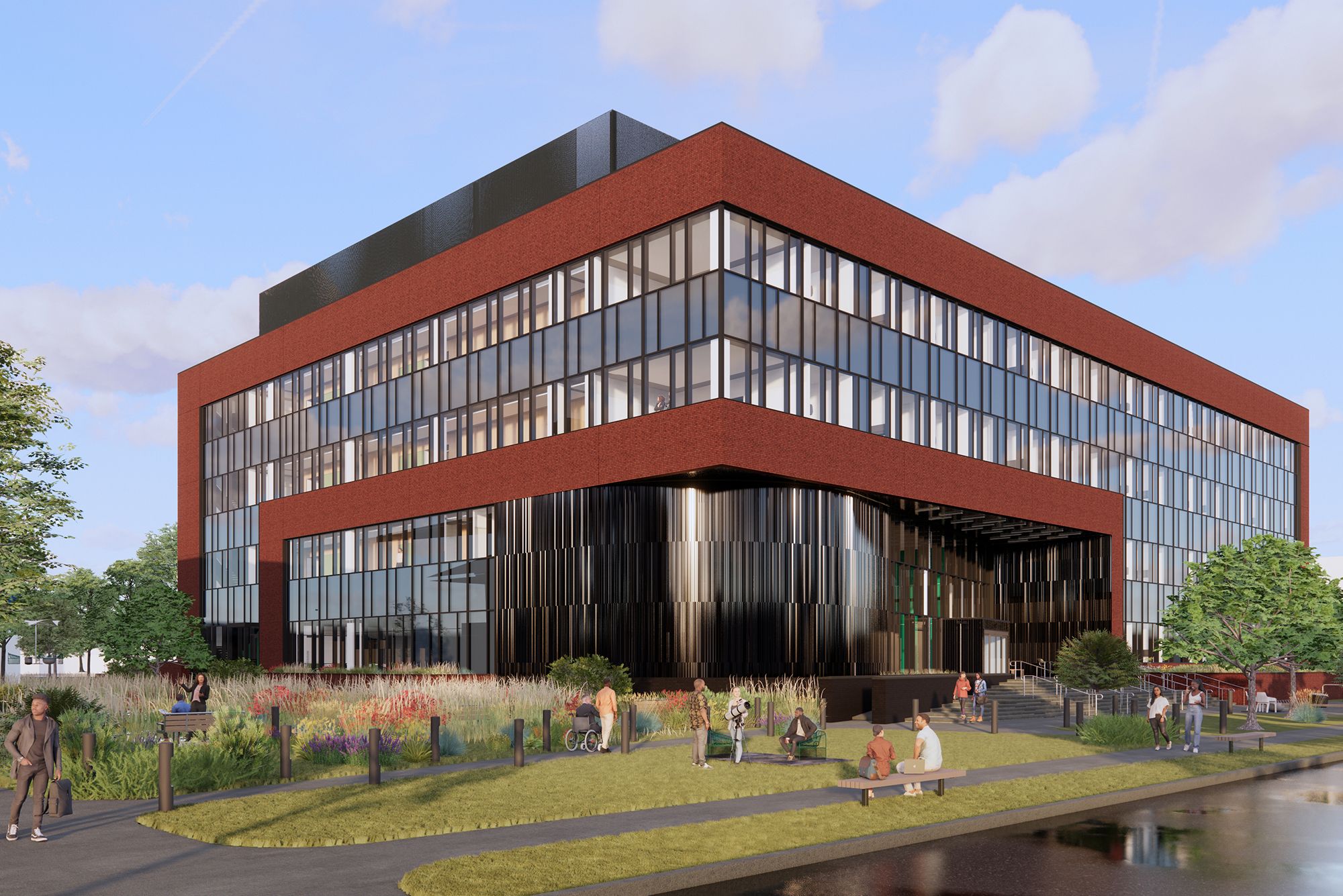
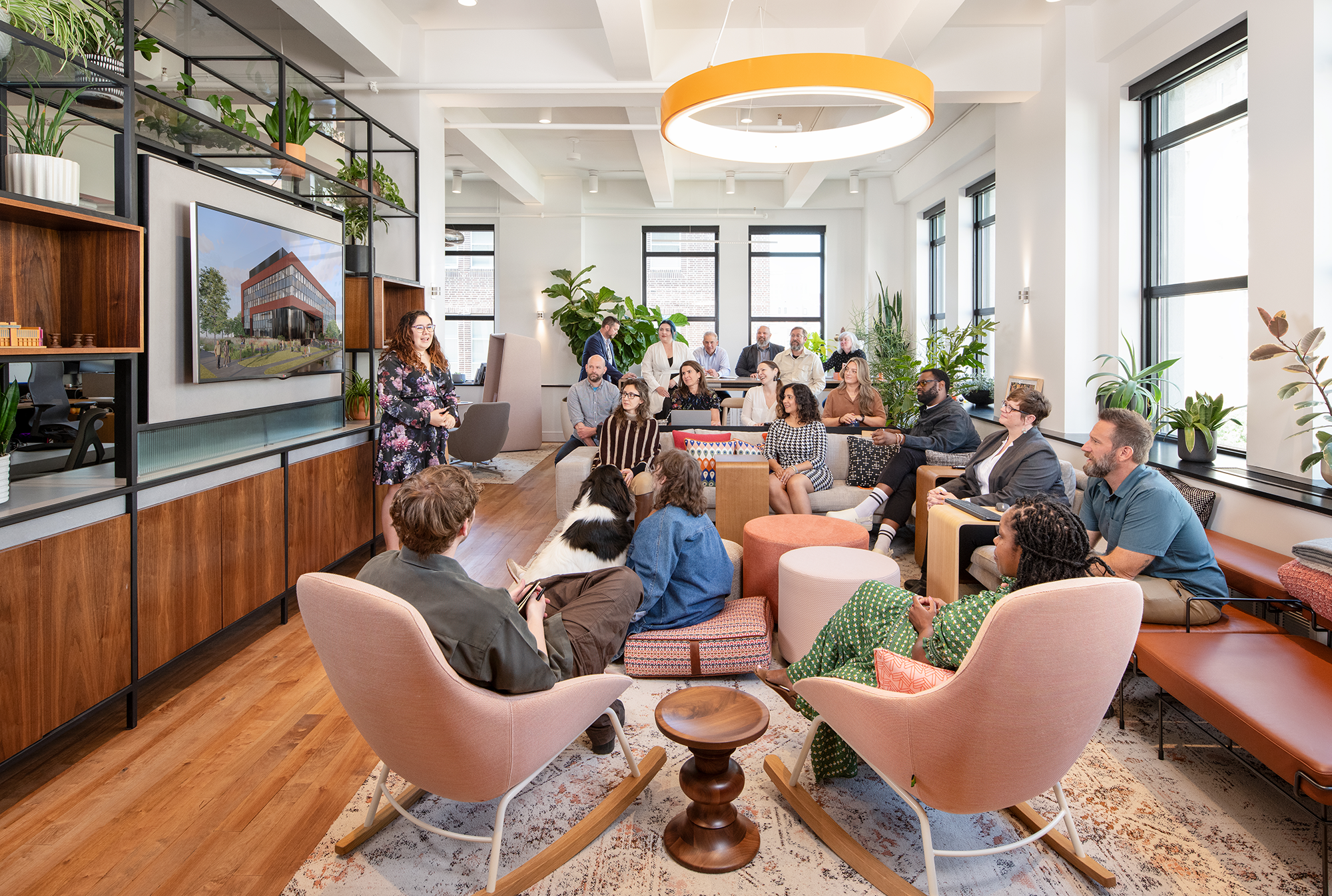

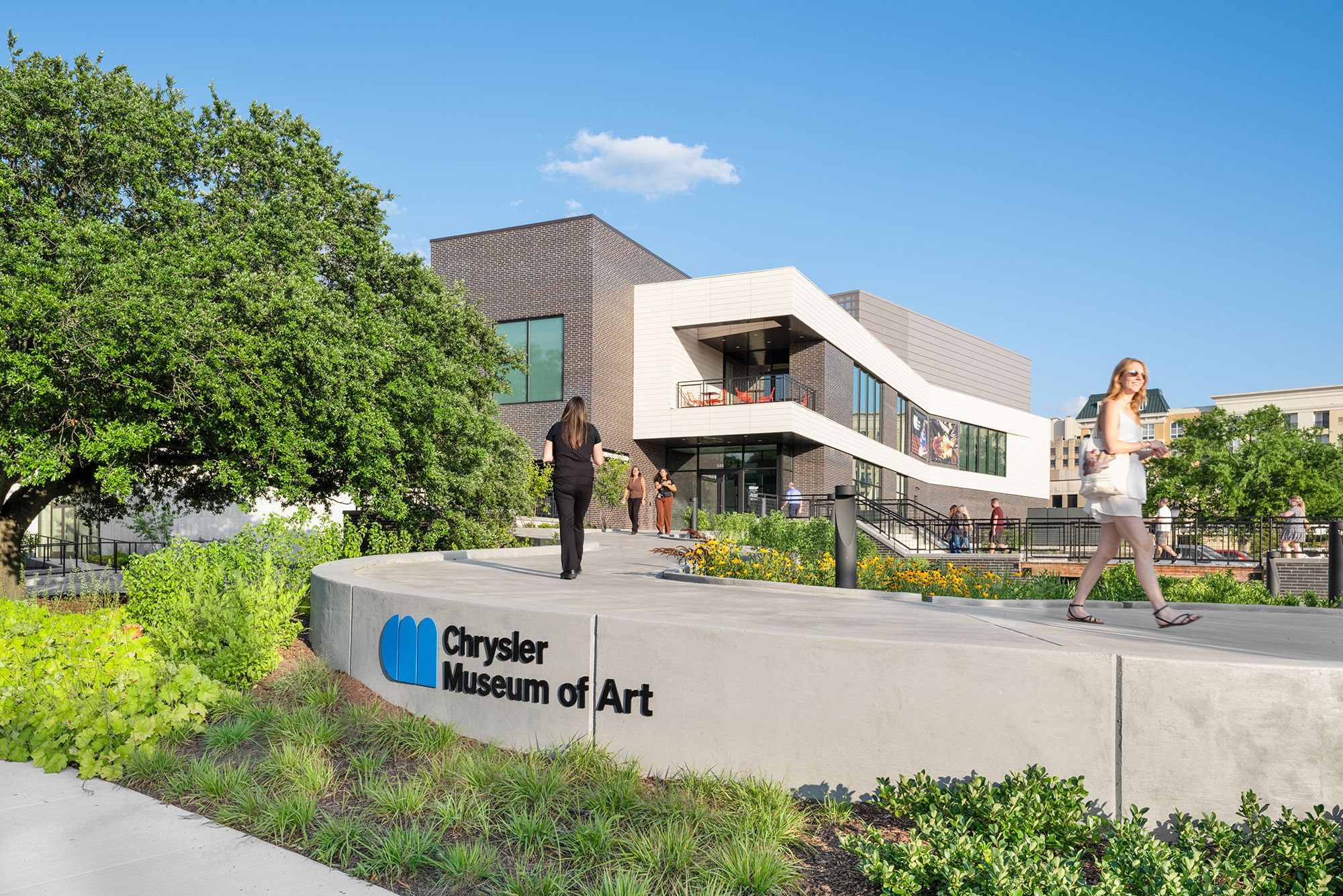
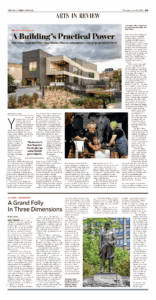
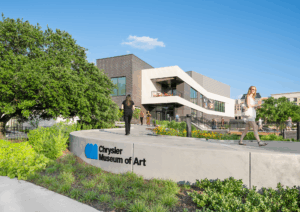
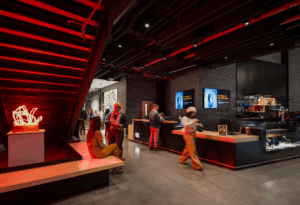
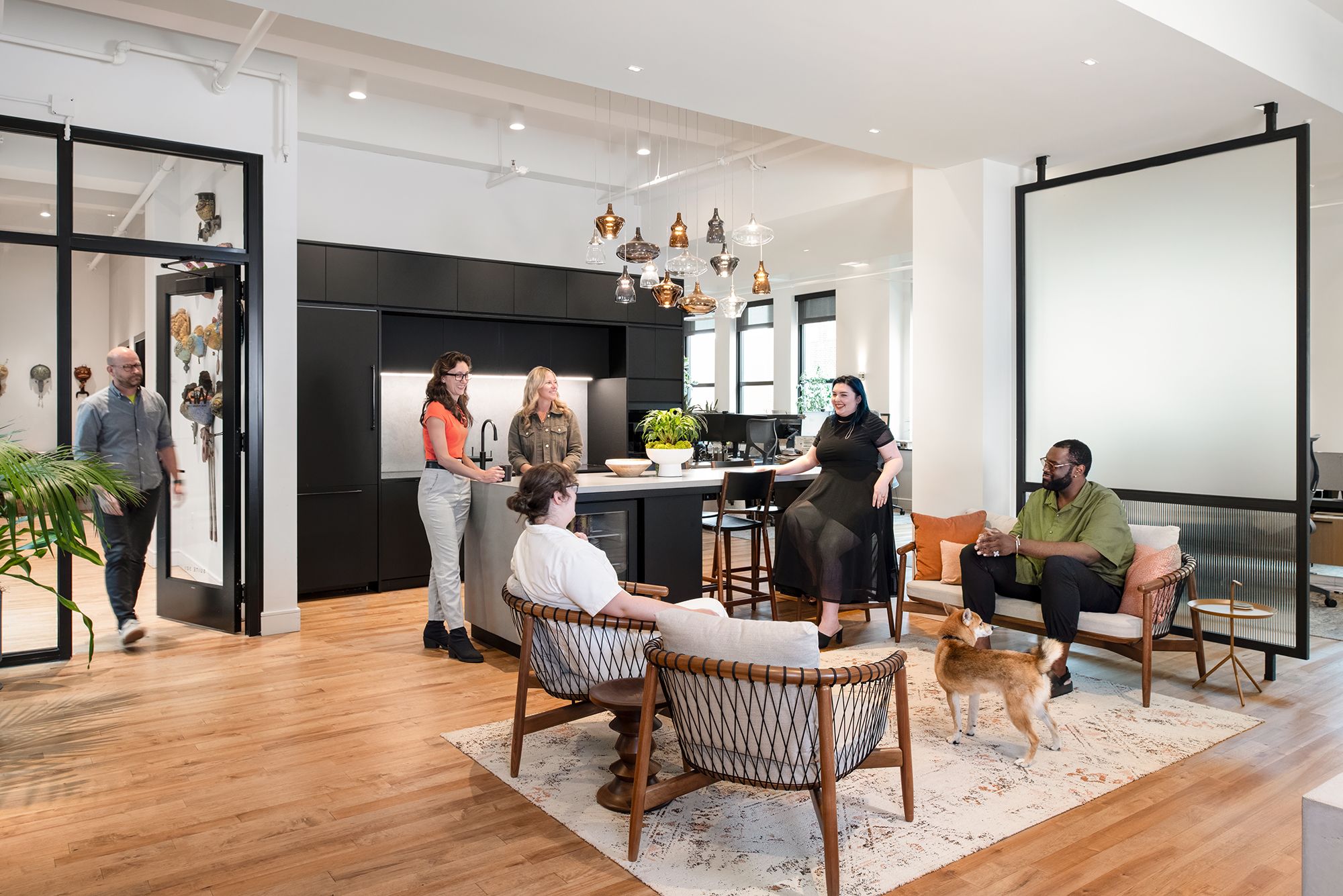
 Work Program Architects has been named to
Work Program Architects has been named to 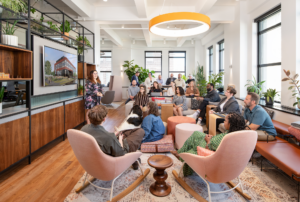



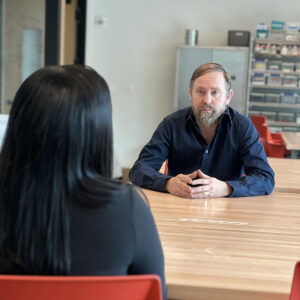 As the second and final phase of the Perry Glass Studio’s expansion and renovation nears completion, members of the press are taking notice of the new structure standing tall alongside the main Chrysler Museum of Art building in Norfolk, Virginia. These recent stories show how the WPA-designed project is elevating the museum’s beloved studio to become a world-class center for glass artistry that also demonstrates innovative approaches to flood mitigation.
As the second and final phase of the Perry Glass Studio’s expansion and renovation nears completion, members of the press are taking notice of the new structure standing tall alongside the main Chrysler Museum of Art building in Norfolk, Virginia. These recent stories show how the WPA-designed project is elevating the museum’s beloved studio to become a world-class center for glass artistry that also demonstrates innovative approaches to flood mitigation.